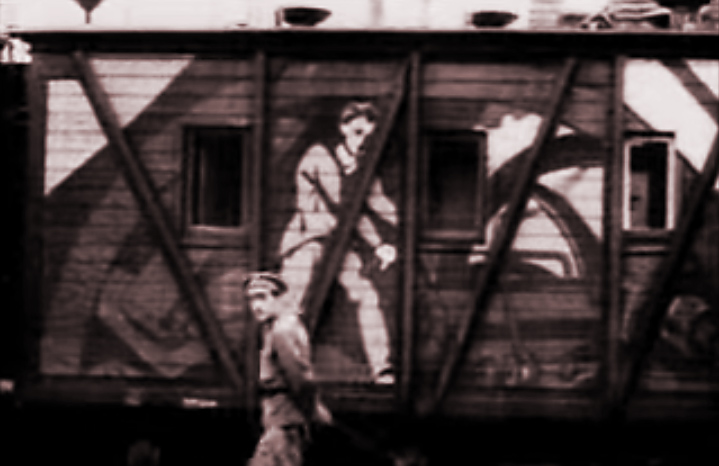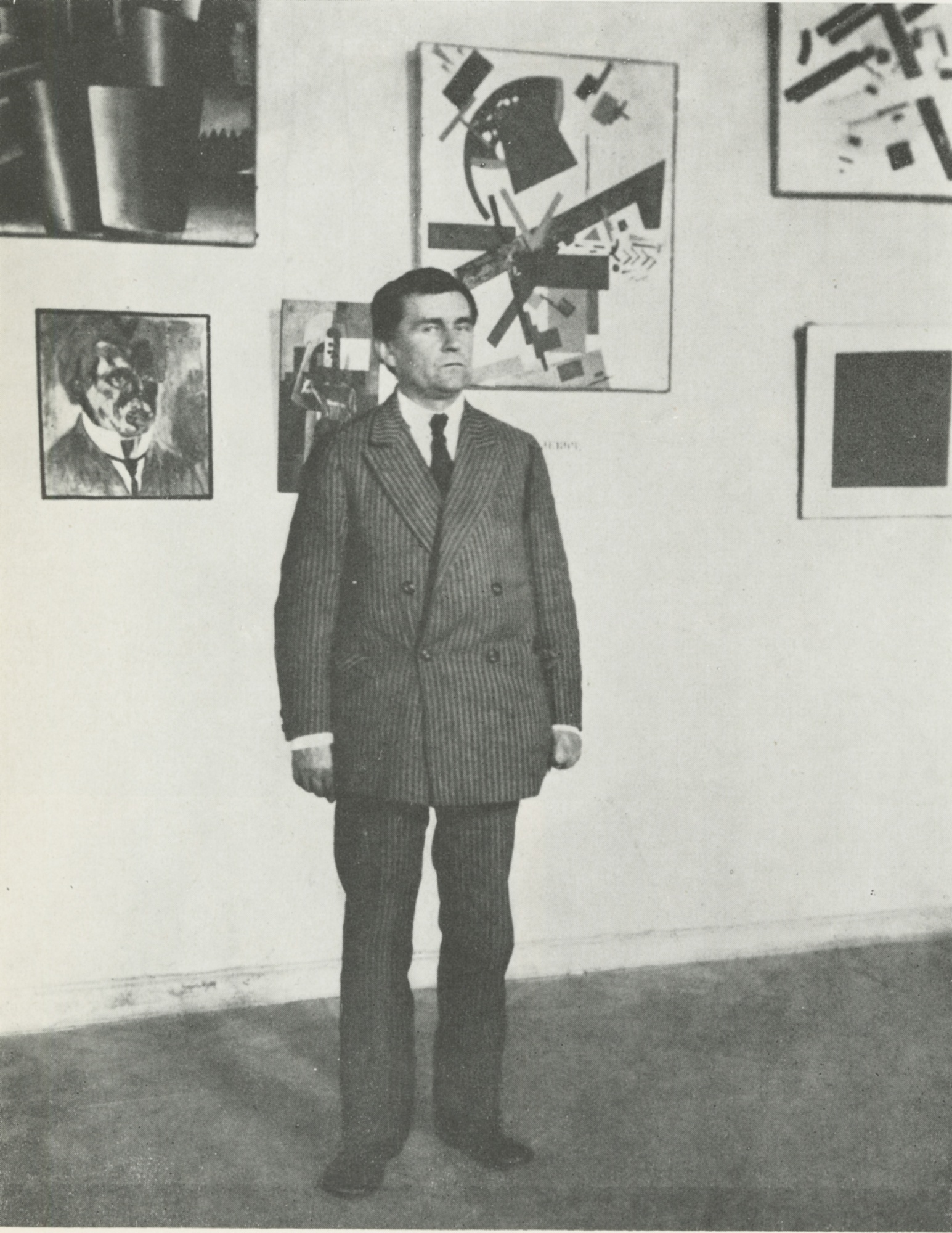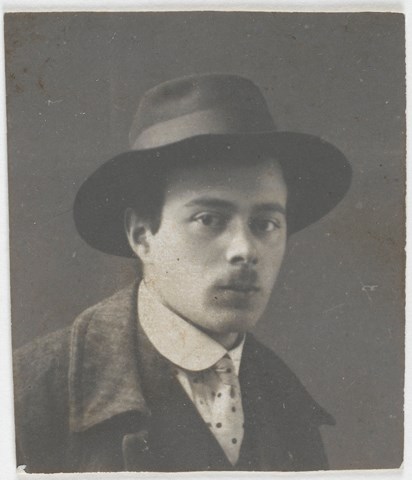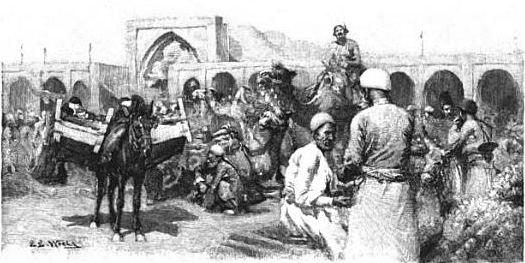|
Agit-train
An agit-train (Russian: агитпоезд) was a locomotive engine with special auxiliary cars outfitted for propaganda purposes by the Bolshevik government of Soviet Russia during the time of the Russian Civil War, War Communism, and the New Economic Policy. Brightly painted and carrying on board a printing press, government complaint office, printed political leaflets and pamphlets, library books, and a mobile movie theater, agit-trains traveled the rails of Russia, Siberia, and Ukraine in an attempt to introduce the values and program of the new revolutionary government to a scattered and isolated peasantry. Launched in August 1918, agit-trains — and their close counterparts, the urban agit-streetcar (Russian: агиттрамвай), the railway (Russian: агитпункт), and the aquatic agit-boat (Russian: агитпараход) — continued in limited use throughout the 1920s. The agit-train concept was revived during the years of World War II as a mechanism for th ... [...More Info...] [...Related Items...] OR: [Wikipedia] [Google] [Baidu] |
Anatoly Lunacharsky
Anatoly Vasilyevich Lunacharsky (, born ''Anatoly Aleksandrovich Antonov''; – 26 December 1933) was a Russian Marxist revolutionary and the first Soviet People's Commissariat for Education, People's Commissar (minister) of Education, as well as an active playwright, critic, essayist, and journalist throughout his career. Background Lunacharsky was born on 23 or 24 November 1875 in Poltava, Ukraine (then part of the Russian Empire), as the Legitimacy (family law), illegitimate child of Alexander Antonov and Alexandra Lunacharskaya, née Rostovtseva. His mother was then married to statesman Vasily Lunacharsky, a Russian nobility, nobleman of Polish origin, whence Anatoly's surname and patronym. She later divorced Vasily Lunacharsky and married Antonov, but Anatoly kept his former name. In 1890, at the age of 15, Lunacharsky became a Marxism, Marxist. From 1894, he studied at the University of Zurich under Richard Avenarius for two years without taking a degree. In Zürich he ... [...More Info...] [...Related Items...] OR: [Wikipedia] [Google] [Baidu] |
Leon Trotsky
Lev Davidovich Bronstein ( – 21 August 1940), better known as Leon Trotsky,; ; also transliterated ''Lyev'', ''Trotski'', ''Trockij'' and ''Trotzky'' was a Russian revolutionary, Soviet politician, and political theorist. He was a key figure in the 1905 Revolution, October Revolution of 1917, Russian Civil War, and the establishment of the Soviet Union, from which he was exiled in 1929 before Assassination of Leon Trotsky, his assassination in 1940. Trotsky and Vladimir Lenin were widely considered the two most prominent figures in the Soviet state from 1917 until Death and state funeral of Vladimir Lenin, Lenin's death in 1924. Ideologically a Marxist and a Leninist, Trotsky's ideas inspired a school of Marxism known as Trotskyism. Trotsky joined the Russian Social Democratic Labour Party in 1898, being arrested and exiled to Siberia for his activities. In 1902 he escaped to London, where he met Lenin. Trotsky initially sided with the Mensheviks against Lenin's Bolsheviks in ... [...More Info...] [...Related Items...] OR: [Wikipedia] [Google] [Baidu] |
Steam Ship
A steamship, often referred to as a steamer, is a type of steam-powered vessel, typically ocean-faring and seaworthy, that is propelled by one or more steam engines that typically move (turn) propellers or Paddle steamer, paddlewheels. The first steamships came into practical usage during the early 19th century; however, there were exceptions that came before. Steamships usually use the ship prefix, prefix designations of "PS" for ''paddle steamer'' or "SS" for ''screw steamer'' (using a propeller or screw). As paddle steamers became less common, "SS" is incorrectly assumed by many to stand for "steamship". Ships powered by internal combustion engines use a prefix such as "MV" for ''motor vessel'', so it is not correct to use "SS" for most modern vessels. As steamships were less dependent on wind patterns, new trade routes opened up. The steamship has been described as a "major driver of the first wave of trade globalization (1870–1913)" and contributor to "an increase in int ... [...More Info...] [...Related Items...] OR: [Wikipedia] [Google] [Baidu] |
Darkroom
A darkroom is used to process photographic film, make Photographic printing, prints and carry out other associated tasks. It is a room that can be made completely dark to allow the processing of light-sensitive photographic materials, including film and photographic paper. Various equipment is used in the darkroom, including an enlarger, baths containing chemicals, and running water. Darkrooms have been used since the inception of photography in the early 19th century. Darkrooms have many various manifestations, from the elaborate space used by Ansel Adams to a retooled ambulance wagon used by Timothy H. O'Sullivan. From the initial development of the film to the creation of prints, the darkroom process allows complete control over the medium. Due to the popularity of color photography and complexity of List of photographic processes, processing color film (''see C-41 process'') and printing color photographs and also to the rise, first of Instant camera, instant photography te ... [...More Info...] [...Related Items...] OR: [Wikipedia] [Google] [Baidu] |
Kazimir Malevich
Kazimir Severinovich Malevich (Запись о рождении в метрической книге римско-католического костёла св. Александра в Киеве, 1879 год // ЦГИАК Украины, ф. 1268, оп. 1, д. 26, л. 13об—14. – 15 May 1935) was a Russian avant-garde artist and art theorist, whose pioneering work and writing ... [...More Info...] [...Related Items...] OR: [Wikipedia] [Google] [Baidu] |
El Lissitzky
El Lissitzky (, born Lazar Markovich Lissitzky , ; – 30 December 1941), was a Soviet Jewish artist, active as a painter, illustrator, designer, printmaker, photographer, and architect. He was an important figure of the Russian avant-garde, helping develop suprematism with his mentor, Kazimir Malevich, and designing numerous art exhibition, exhibition displays and propaganda works for the Soviet Union. Lissitzky began his career illustrating Yiddish children's literature, children's books in an effort to promote Jewish culture in Russia. He started teaching at the age of 15, maintaining his teaching career for most of his life. Over the years, he taught in a variety of positions, schools, and artistic media, spreading and exchanging ideas. He took this ethic with him when he worked with Malevich in heading the suprematist art group UNOVIS, when he developed a variant suprematist series of his own, ''Proun'', and further still in 1921, when he moved to Weimar Republic. In his r ... [...More Info...] [...Related Items...] OR: [Wikipedia] [Google] [Baidu] |
Vladimir Mayakovsky
Vladimir Vladimirovich Mayakovsky ( – 14 April 1930) was a Russian poet, playwright, artist, and actor. During his early, Russian Revolution, pre-Revolution period leading into 1917, Mayakovsky became renowned as a prominent figure of the Russian Futurist movement. He co-signed the Futurist manifesto, ''A Slap in the Face of Public Taste'' (1913), and wrote such poems as ''A Cloud in Trousers'' (1915) and ''Backbone Flute'' (1916). Mayakovsky produced a large and diverse body of work during the course of his career: he wrote poems, wrote and directed plays, appeared in films, edited the art journal LEF (journal), ''LEF'', and produced agitprop posters in support of the Communist Party of the Soviet Union, Communist Party during the Russian Civil War of 1917–1922. Though Mayakovsky's work regularly demonstrated ideological and patriotic support for the ideology of the Bolsheviks and a strong admiration of Vladimir Lenin, his relationship with the Soviet state was always comp ... [...More Info...] [...Related Items...] OR: [Wikipedia] [Google] [Baidu] |
Grain Trade
The grain trade refers to the local and international trade in cereals such as wheat, barley, maize, rice, and other food grains. Grain is an important trade item because it is easily stored and transported with limited spoilage, unlike other agricultural products. Healthy grain supply and trade is important to many societies, providing a caloric base for most food systems as well as important role in animal feed for animal agriculture. The grain trade began as early as agricultural settlement, identified in many of the early cultures that adopted sedentary farming. Major societal changes have been directly connected to the grain trade, such as the Fall of the Western Roman Empire, fall of the Roman Empire. From the early modern period onward, grain trade has been an important part of Colonialism, colonial expansion and foreign policy. The geopolitical dominance of countries like Australia, the United States, Canada, and the Soviet Union during the 20th century was connected with t ... [...More Info...] [...Related Items...] OR: [Wikipedia] [Google] [Baidu] |
Mikhail Kalinin
Mikhail Ivanovich Kalinin (, ; 3 June 1946) was a Soviet politician and Russian Old Bolshevik revolutionary who served as the first chairman of the Presidium of the Supreme Soviet (head of state) from 1938 until his resignation in 1946. From 1926 until his death, he was a member of the Politburo of the Communist Party of the Soviet Union. Born to a peasant family, Kalinin worked as a metal worker in Saint Petersburg and took part in the 1905 Russian Revolution as an early member of the Bolsheviks. During and after the October Revolution, he served as mayor of Petrograd (St. Petersburg). After the revolution, Kalinin became the head of the new Soviet state, as well as a member of the Central Committee of the Communist Party and the Politburo. Kalinin remained the titular head of state of the Soviet Union after the rise of Joseph Stalin, with whom he enjoyed a privileged relationship, but held little real power or influence. He retired in 1946 and died in the same year. The f ... [...More Info...] [...Related Items...] OR: [Wikipedia] [Google] [Baidu] |









